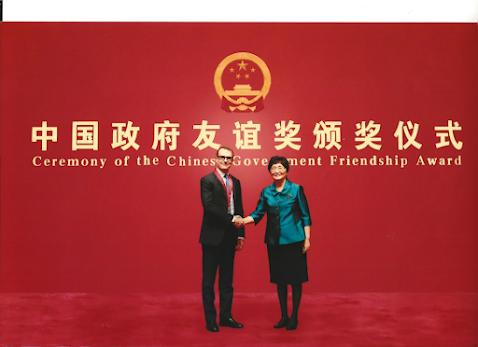What is the Difference Between Blue Carbon and Green Carbon? | CBCGDF Climate Change Group Research
Blue carbon plays a crucial role in addressing climate change, and its significance can be highlighted by comparing it with green carbon. Blue carbon refers to the carbon captured and stored by marine and coastal ecosystems, such as mangroves, seagrass salt marshes and so on. These ecosystems are known as blue carbon sinks due to their ability to sequester large amounts of carbon dioxide from the atmosphere.
One of the key advantages of blue carbon ecosystems is their scalability and cost-effectiveness. Compared to terrestrial carbon sinks, such as forests, blue carbon ecosystems have a higher carbon storage capacity per unit area. This means that they can sequester more carbon dioxide from the atmosphere in a given space, making them an essential component of any comprehensive climate change mitigation strategy.
Moreover, blue carbon ecosystems provide numerous co-benefits, including coastal protection, fisheries support, and biodiversity conservation. For instance, mangroves not only serve as a vital carbon sink but also act as a natural buffer against storm surges and erosion, safeguarding coastal communities from the impacts of climate change.
However, blue carbon ecosystems are under significant threat due to coastal development, pollution, and climate change itself. Rising sea levels and ocean temperatures can degrade these ecosystems, reducing their carbon storage capacity and exacerbating the impacts of climate change.
Governments, organizations, and individuals must recognize the value of these underwater carbon sinks and take action to preserve them. It is our responsibility to ensure the long-term health and sustainability of these invaluable ecosystems, as they play a critical role in combating climate change and safeguarding the well-being of future generations. Let us unite in our efforts to protect blue carbon and harness its potential to combat climate change.
Translator: Richard
Checked by Sara
Editor: Richard
Contact: v10@cbcgdf.org; +8617319454776
Contribution
Do you know? CBCGDF is a non-profit organization. We rely on crowd-funding and donations. You have the opportunity to help us to advance biodiversity conservation. Donate TODAY to power up the movement to make it a better world for all life.
1. Webpage:
https://www.paypal.com/donate/?hosted_button_id=2EYYJJZ8CGPLE
2. via paypal
Donation(501C3)Paypal: intl@wbag.org




Comments
Post a Comment